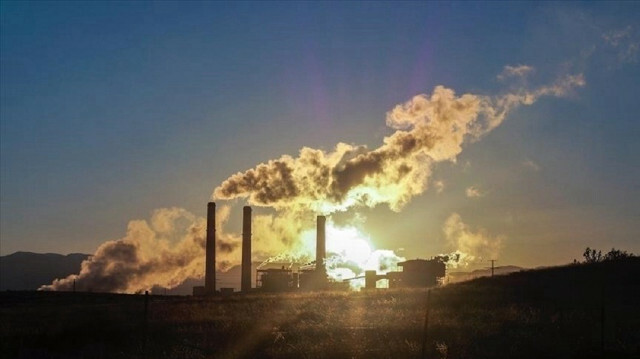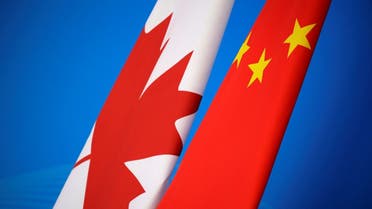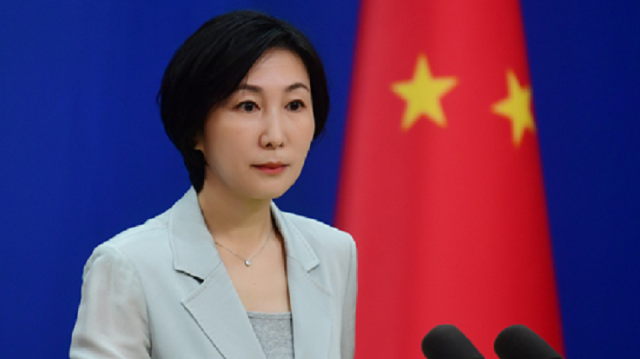Emissions from existing coal assets would, by themselves, tip the world across the 1.5 °C limit, report warns
AA

The world must move quickly to significantly reduce carbon dioxide emissions from coal to avoid the severe impacts of climate change, a new International Energy Agency (IEA) report said on Tuesday.
The IEA calls for immediate policy action to rapidly mobilize massive financing for clean energy alternatives to coal, especially in emerging and developing economies.
The report entitled, The New IEA Special Report: Coal in Net Zero Transitions: Strategies for Rapid, Secure and People-Centred Change, includes the major implications for the coal sector of a transition to net zero emissions by 2050, which would give the world an even chance of limiting global warming to the critical threshold of 1.5°C.
The new analysis revealed that the current global coal consumption in countries that have pledged to achieve net zero emissions has not fallen sufficiently to achieve the emissions target by 2050.
"…Far from declining, global coal demand has been stable at near record highs for the past decade. If nothing is done, emissions from existing coal assets would, by themselves, tip the world across the 1.5 °C limit," the report warns.
Commenting on the report, IEA Executive Director Fatih Birol said that over 95% of the world's coal consumption is taking place in countries that have committed to reducing their emissions to net zero.
He highlighted that coal is both the single biggest source of CO2 emissions from energy and the single biggest source of electricity generation worldwide, which "highlights the harm it is doing to our climate and the huge challenge of replacing it rapidly while ensuring energy security."
There are around 9 000 coal-fired power plants around the world, representing 2,185 gigawatts of capacity.
"Their age profile varies widely by region, from an average of over 40 years in the United States to less than 15 years in developing economies in Asia. Industrial facilities using coal are similarly long-lived, with investment decisions set to be made this decade that, to a large degree, will shape the outlook for coal use in heavy industry for decades to come," the report said.
The report suggests a big scale up of clean sources of power generation, accompanied by system-wide improvements in energy efficiency, is key to unlocking reductions in coal use for power and in reducing emissions from existing assets.










